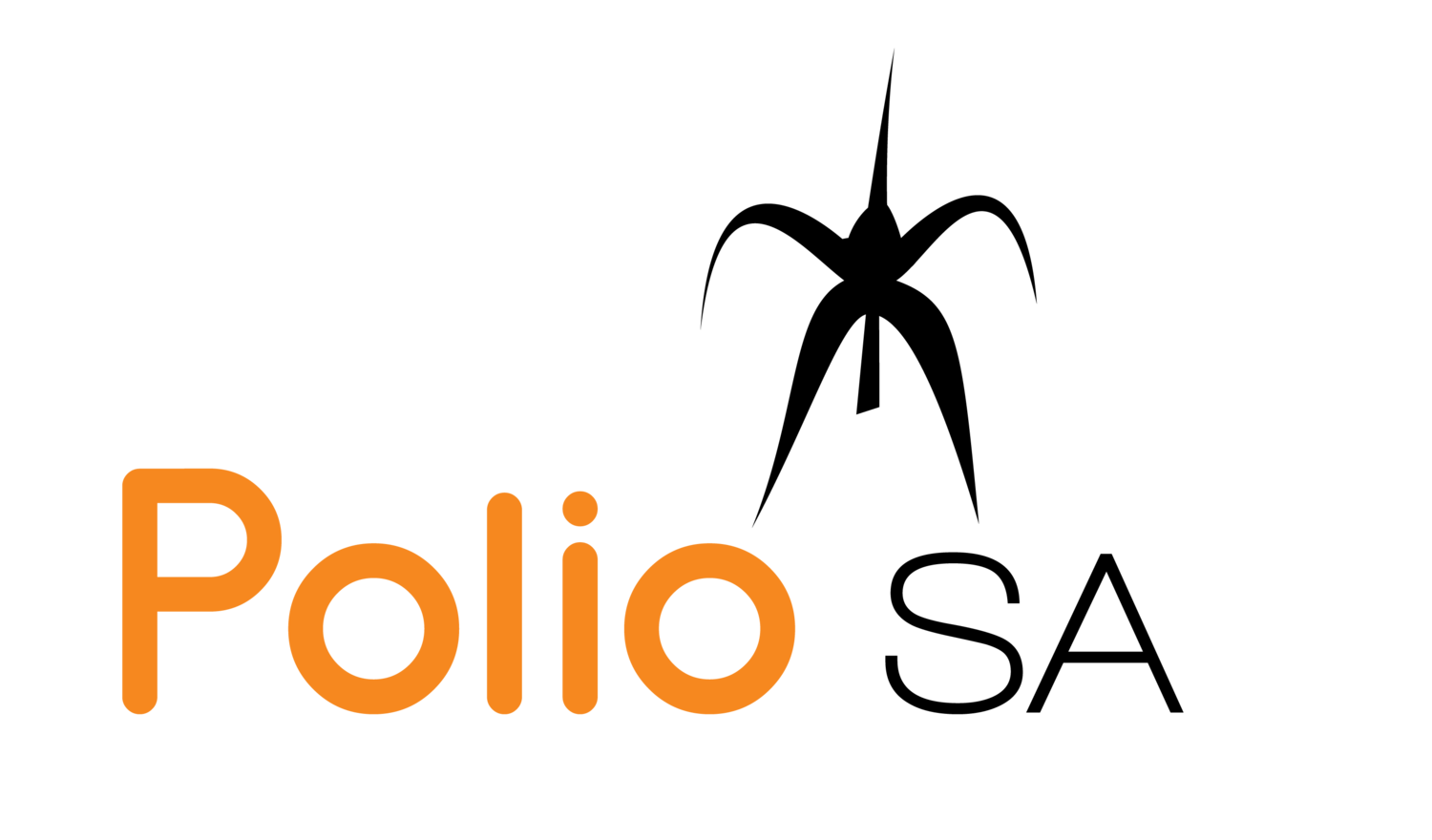I was born in Cambodia in 1984, a second child to my parents after my older brother. When I was less than one year old, I was diagnosed with polio. I don’t remember a lot about it. My parents say that they first noticed I had a fever, and so took me to a nurse, who gave me an injection. The next day, I couldn’t use my leg. They then took me to a doctor, who confirmed that I had polio, and said it was too late to do anything about it.
Throughout my childhood, my parents took me to various doctors, based on recommendations, so I’ve had many different treatments. I remember once I was taken to another province, where I stayed for a couple of months to have acupuncture specifically for polio. The acupuncture needles were attached to an electric device that emitted a pulse. I just remember how painful it was! I’m not sure if it worked. Regardless, after the polio, I had one leg shorter than the other, which was also weaker.
When I was nine years old, my family - which now included my younger brother - and I emigrated to Australia. When we settled in Adelaide, the doctors at the Women’s & Children’s Hospital began to treat the effects of my polio straight away. They decided to try to extend the bone in my shorter leg, while I was still young. They were able to increase it by several centimeters, by cutting the bone in my shin, and attaching a metal gadget to each end of the cut bone. Each night I had to wind apart the gadget, so the bone would become longer as it regenerated. It wasn’t too painful, but I was on crutches for six months.
Polio has affected my life to this day, physically and mentally. Physically, there are a few things I can’t do, such as running for long periods of time, swimming very well, or driving manual cars – luckily, now everything’s automatic. Shoes are difficult to find, because one foot is smaller than the other.
Mentally, I am more conscious of my left leg being different from my right. When I was a kid, I got bullied all the time by other kids about it. This stuck with me for a long time. I often wear long clothing to hide my legs.
I am 34 now and I am concerned about polio affecting my life more as I grow older. I feel like my body has had more pain now in the last few years, especially on the right side. My conclusion is that because I don’t have a balanced core, my right side has to compensate for my weaker left side, so it’s impacting on my right leg, shoulder and lower back.
From doing my own research, I’ve learnt that 30 years after you contract polio, you can develop the sort of symptoms I have – the late effects of polio (LEoP). It seems even my doctors and physiotherapists don’t understand what I’m experiencing, due to a lack of awareness about this.
A friend mentioned that there is a polio support group in Australia, so I looked it up online and found Polio SA. I've only recently joined, so am still discovering what’s available, but I found their guest speakers at the annual general meeting very informative.
Back in Cambodia, polio is more common. My uncle who still lives in Cambodia had polio too, but his effects are far more severe, affecting his left arm and left leg. Due to it being a developing country, and the lack of government assistance, people with polio have to depend on family members to support them for everyday living. This is not easy if your family is poor.
Vaccination against polio is necessary as prevention. It’s still happening all over the world, in pockets here and there. The more information we can spread about this, the better.
Although the medical system is better in Australia, and the treatments I received here as a child, I still experience pain and I need to see health professionals for treatment. I have to pay myself to see physiotherapists, massage therapists and acupuncturists to manage my pain. Polio SA membership has assisted with some vouchers to help pay for therapy and massage, and they have also been happy to discuss any questions I have.
The more the government can fund Polio SA and Polio Australia, we can put that to good use, in terms of providing support to people with polio, spreading understanding in the community, and knowledge with people who have polio, and to their families as well. Sharing information with people in different cultural groups, in the different languages they speak, would also help raise awareness and understanding of polio, and the effect it has on people living with polio.
I’d like the community to understand the ongoing impact that polio has on those of us who have experienced it – physically as well as emotionally.

